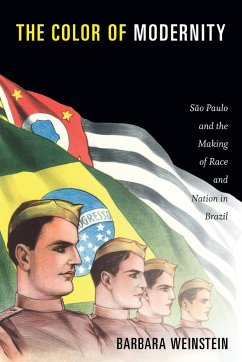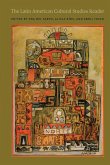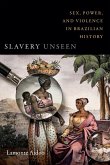In The Color of Modernity, Barbara Weinstein focuses on race, gender, and regionalism in the formation of national identities in Brazil; this focus allows her to explore how uneven patterns of economic development are consolidated and understood. Organized around two principal episodes-the 1932 Constitutionalist Revolution and 1954's IV Centenário, the quadricentennial of São Paulo's founding-this book shows how both elites and popular sectors in São Paulo embraced a regional identity that emphasized their European origins and aptitude for modernity and progress, attributes that became-and remain-associated with "whiteness." This racialized regionalism naturalized and reproduced regional inequalities, as São Paulo became synonymous with prosperity while Brazil's Northeast, a region plagued by drought and poverty, came to represent backwardness and São Paulo's racial "Other." This view of regional difference, Weinstein argues, led to development policies that exacerbated these inequalities and impeded democratization.








